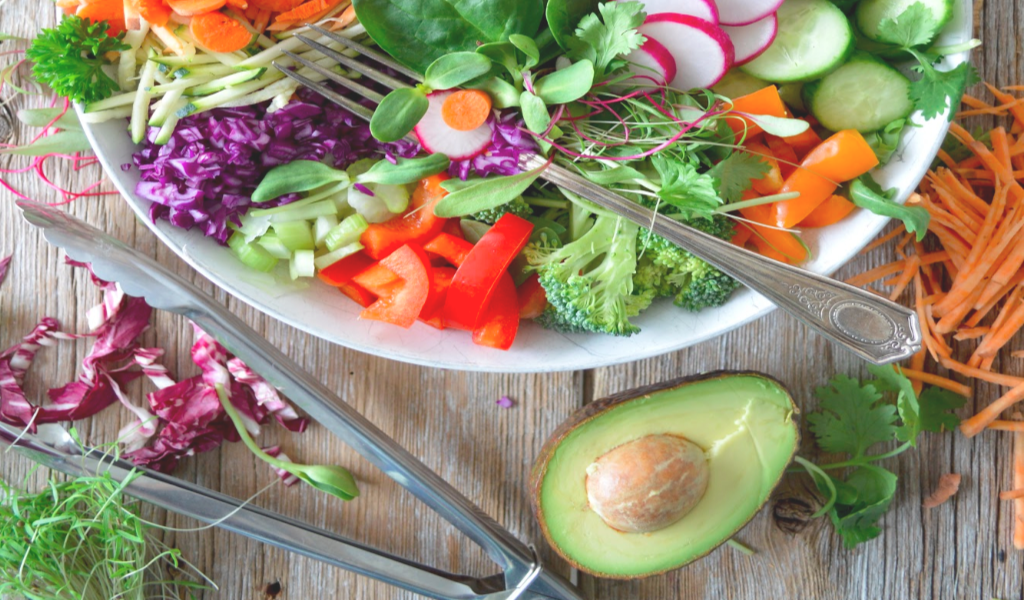
Living a vegan lifestyle has been gaining in popularity since the early 2000s with Google trends showing an increase since 2004. People are changing to a vegan diet for a multitude of reasons including reducing animal cruelty, seeking improved health, environmental reasons and religious beliefs.
Difference between vegan and vegetarian
Dietary Vegan – consumes no food that is sourced from animal products and yes this includes honey for the strict vegan.
Vegetarian – consumes no meat or fish but will often eat eggs and milk. Ovo-Vegetarian will consume eggs but no milk, lacto-vegetarian will consume milk but not eggs and an ovo-lacto vegetarian will consume both eggs and milk. Got it?
Is it suitable for everyone?
Like most ways of eating, people flourish on varied nutrients. Some people thrive on a vegan diet, some don’t. Some people thrive on a higher fat diet, some don’t. The key is taking note of what feels right for your body and beliefs. How are your energy levels? How’s your digestion? Are you bloated? How’s your mood? Feeling anxious or depressed? How’s your skin? Do you have acne or a rash you can’t seem to get rid of? These symptoms can be a sign of a nutrient imbalance or nutrition that is not working the best for you and something a practitioner can guide you through. The best way with anything, if you are interested in something it is always best to educate yourself and if it seems right for you, test it out and truly listen to your body.
Is a vegan diet always healthy?
It is possible to make any diet unhealthy! A single processed protein bar with flavours and sweeteners is most likely not going to do you harm, but would a fresh apple and some raw nuts provide more beneficial nutrients for your body, yes.
So, my point, it is possible to turn a vegan diet into an unhealthy diet. Simply removing animal products and consuming food products that are vegan does not immediately equal health. Consuming a higher level of plant food does promote health, however, if switching to a vegan diet not necessarily high in vegetables, legumes and beans can be detrimental to your health. You can be a junk food vegan or a whole food vegan and the health effects will be dramatically different due to the nutrient intake.
The benefits of a vegan diet, if done properly, is the higher intake of plant food and as a nutritionist, I will always be supportive of nutrition that has a higher intake of fruit, vegetables, beans, and legumes. However, without the correct knowledge, dietary preparation and guidance following a vegan diet can lead to health issues.
Protein, protein, protein
Yes, protein, is a nutrient to be mindful of when changing to a vegan diet, however, it can often be overstated and there are other nutrients that need to be closely monitored. Protein intake honestly depends on what you are trying to achieve. The recommended RDI for health is 0.8g per kg of body weight, however, if you are training or aiming for muscle building this should be increased to around the 1.5-2.2g per kg of body weight. This is in relation to net protein, for example a 110g piece of fish is not 110g of protein or 30g scoop of vegan protein powder is approximately 22g protein (brand dependant).
Educate yourself or see a nutritionist on the highest sources of protein for vegans. Keep in mind if using protein powders, not all protein powders are made equal and many plant protein powders do not contain the levels of leucine required for muscle synthesis. Protein powders are a great way for athletes to gain the protein levels required without consuming excess energy if on specific nutrition plans, however, the quality of the protein powder is essential.
The on-watch list of nutrients
I have written a seperate blog on the on-watch list of nutrients and why these are so important which can be found by clicking here. However, here is a shortlist of some I recommend monitoring.
- Vitamin B12
- Iron
- Zinc
- Vitamin C
- Essential Fatty Acids
- Vitamin A
- Taurine
- Creatine
**Do not supplement without consulting with a practitioner**
Top tips before transitioning to a vegan diet
- Gain a pathology profile before changing your diet (see a nutritionist for guidance).
- Address any current nutrient deficiencies.
- See a nutritionist and assess current health including gut, mental and hormonal health.
- Educate yourself on the nutrients and/or supplementation that you need to be mindful of. Just because a food is “a source of”, does not mean it is a “good source of”.
- Eat actual plants and limit plant-based “meats”.
- Prepare to be reading a lot of food labels!
“The first wealth is health” – Ralph Waldo Emerson


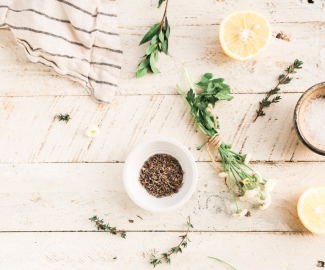
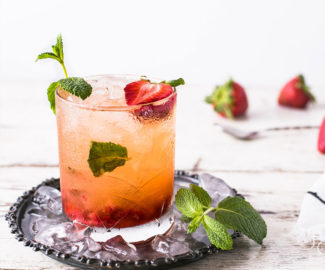
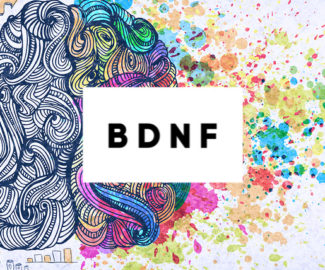

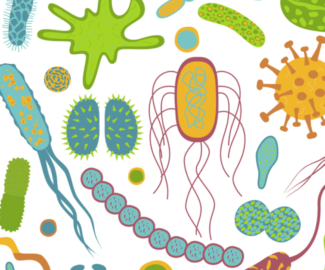
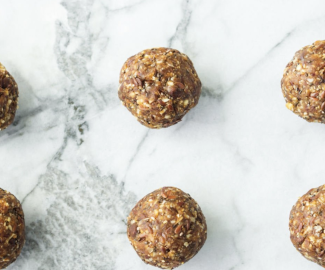



Leave a Reply